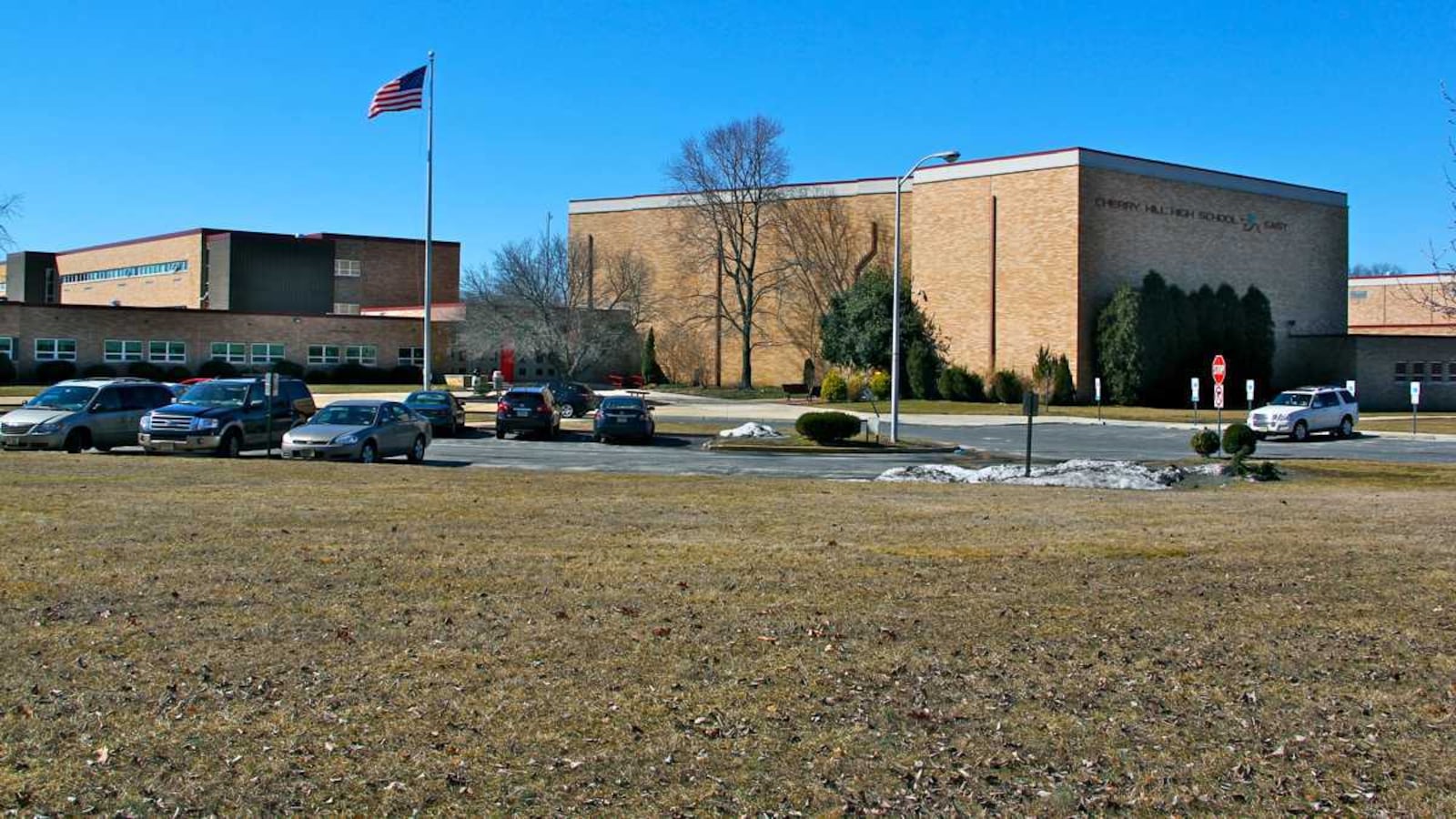This article was originally published in The Notebook. In August 2020, The Notebook became Chalkbeat Philadelphia.
Your browser does not support the audio tag.
New Jersey education officials are pushing back against a growing wave of opposition to the state’s new standardized tests, telling lawmakers that the "opt out" movement could cost the state millions and deprive schools of essential data.
"Parents are being misled that there are no consequences to schools for their non-participation," said Bari Erlichson, chief performance officer for the New Jersey Department of Education, at a Senate Education Committee hearing Thursday in Trenton.
Among the issues she cited is a provision of the No Child Left Behind law that allows the government to withhold federal aid from schools that don’t get 95 percent participation in the assessment tests. State Education Commissioner David Hespe told the committee that at least $300 million in Title I funds and as much as a billion dollars of federal aid could be at stake.
But critics of the high-stakes tests say that’s just a scare tactic, and they want to make opting out even easier.
"The federal government, the U.S. Department of Education, has never, ever taken money away from a school for falling under 95 percent participation," said Julia Rubin of the volunteer parent group Save Our Schools.
Rubin said that multiple schools fall short of that mark every year, not just in New Jersey but nationwide. Enforcing the penalty in New Jersey or elsewhere would be "politically impossible," she said.
Exactly how many New Jersey students are opting out of the tests — known as PARCC tests, short for the Partnership for Assessment of Readiness for College and Careers — is not clear. Officials say they’ll know for sure when this spring’s testing is complete.
But reports suggest that opting out is widespread, taking place in districts of every economic and political description. In Cherry Hill, more than 2,000 students refused to take the tests. Similar stories have been reported in Newark, Delran, and Princeton.
The New Jersey opt-out movement mirrors similar movements in Pennsylvania, New York, and other states. In Pennsylvania, opt-outs have doubled in the last year, driven in part by concerns about English language learners who struggle to understand the tests. As a rule, opt-out advocates say they’re not opposed to testing per se, but rather to using test results as a way to evaluate schools and teachers.


